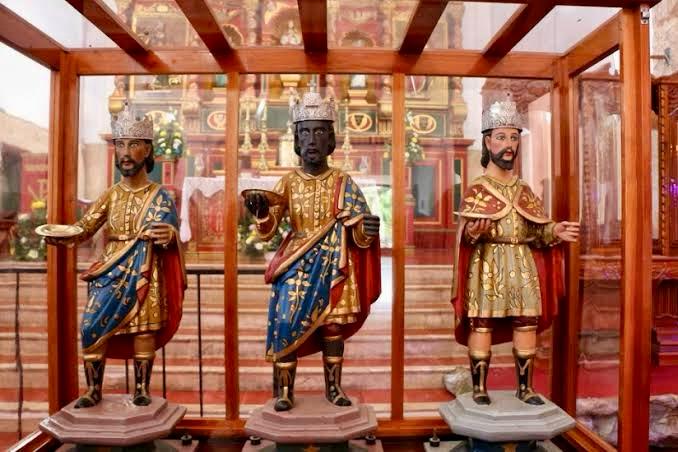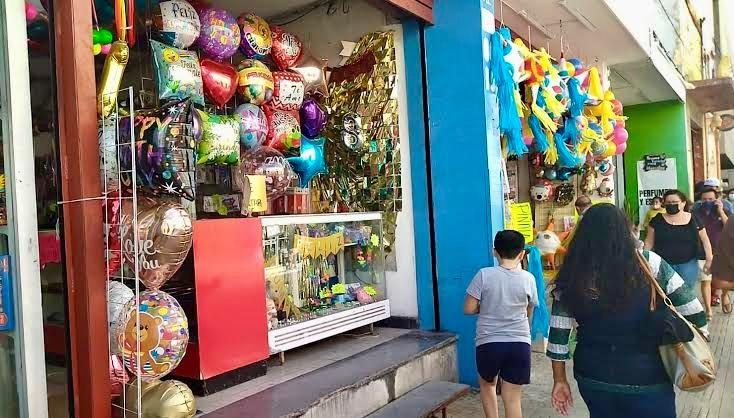The celebration of Three Kings Day, every January 6, is one of the most deeply rooted traditions in Mexico, and Yucatán is no exception. This day not only marks the end of the Christmas period but also brings with it excitement, gifts, and family unity, especially for the little ones in the home. In Yucatán, families preserve this custom that intertwines religious, cultural, and gastronomic elements, passing from generation to generation.
According to Christian tradition, the Three Wise Men—Melchior, Gaspar, and Balthazar—traveled from the East following the star of Bethlehem until they found the Child Jesus, to whom they gave gold, frankincense, and myrrh. This story, told in the Gospel according to Saint Matthew, has inspired throughout the centuries the celebration of January 6 as the day when children receive gifts, symbolizing the gifts that the wise men brought to the Messiah.

The custom of giving toys and gifts to children on January 6, Three Kings Day, has its strongest roots in Mexico City and the center of the country, from where it expanded to other regions, including Yucatan.
During the colonial period, the religious tradition of Epiphany, brought by the Spanish, was consolidated mainly in central Mexico. However, the practice of giving toys began to become popular in Mexico City in the late 19th and early 20th centuries. The influence of European trends and the rise of Christmas fairs and markets—such as the famous Alameda Fair in the country’s capital—helped this custom to gain strength among families.
Starting in the 20th century, with the improvement of transportation and communication systems, as well as the growth of advertising in newspapers and radio, the celebration and delivery of toys on January 6 spread to other regions of the country, including the Mexican southeast and Yucatán. The arrival of mass-produced toys and the development of trade helped consolidate this tradition, especially in urban areas.

In Yucatan, although the celebration of the Epiphany already existed with a more religious character, it was during the 20th century when the custom of giving gifts and toys was adopted with greater force, influenced by the practices of central Mexico. In this way, Yucatecan families adapted the tradition to their context, maintaining the excitement and magic of the date.
In Yucatán, Three Kings’ Day is a date eagerly awaited. On the night of January 5, many children leave their shoes near the Christmas tree or at the door of their homes in the hope that the Three Wise Men will leave them gifts. Some children, with the help of their parents, write letters to ask for toys or sweets and send them in advance using balloons or symbolically deliver them to churches.
On the morning of January 6, the enthusiasm is palpable in homes. Families gather early to discover the gifts that “the Kings” have left during the night. This tradition, which still prevails in the region, encourages family unity and keeps the magic of childhood alive.
Another central element of this festivity is the Rosca de Reyes, an oval bread decorated with crystallized fruits that symbolizes the crown of the Three Wise Men. Inside, there is a small figure that represents the Child Jesus. Whoever finds the doll in their portion, makes the commitment to organize the tamales for Candelaria Day, February 2.

In Yucatán, bakeries and supermarkets begin selling bagels from the end of December. There are traditional versions and other innovative ones, such as those filled with chocolate cream or cheese, a highly appreciated ingredient in local cuisine.
Despite the influence of other celebrations, such as Santa Claus at Christmas, Three Kings’ Day continues to be a special holiday in Yucatán. For many Yucatecan families, Three Kings’ Day not only represents a material holiday, but a time to reflect on values such as generosity and humility. In some communities, churches celebrate special masses to remember the Epiphany, that is, the manifestation of Jesus to the world through the Three Wise Men.
Every January 6, Yucatán reaffirms its cultural identity through this tradition that unites the religious with the festive, leaving children with the joy of surprise and the indelible memory of a childhood full of magic.
By Roberto García Hidalgo for The Yucatan Times.
TYT Newsroom


